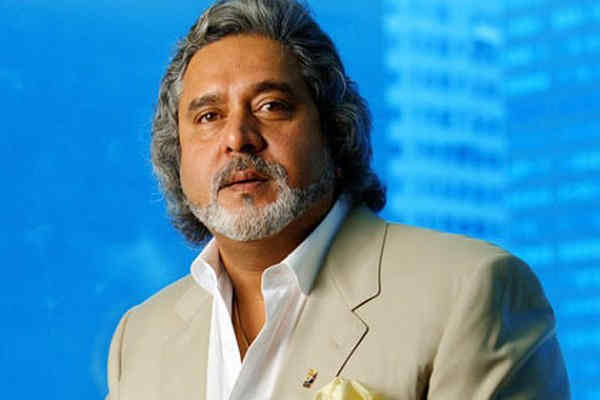The Supreme Court, on 13 July 2015, dismissed a Criminal Appeal [Vijay Mallaya v. Enforcement Directorate] filed by the liquor baron Vijay Mallya against proceedings initiated by the Enforcement Directorate (ED) in a FERA case of foreign exchange violation. Vijay Mallya had been issued a notice by the Enforcement Directorate for allegedly transferring US $ 200,000 to a British firm for advertisement of his liquor brand Kingfisher in the Formula One race. This order was passed by a bench of the Supreme Court comprising of Justice J. Chelmeswar and Justice Adarsh Kumar Goel [Note: the order was pronounced in the court by Justice Adarsh Kumar Goel]. The Supreme Court also imposed a cost of Rs. 10 lakh on Vijay Mallaya for filing this case. This order means that Mallaya can now be prosecuted under FERA provisions.
 It is noteworthy that the above Criminal Appeal was filed in 2007 initially in the form of an SLP against the judgment of the Delhi High Court. The Supreme Court had issued notice in that matter on 8 October 2007. This case was pending since then in the Supreme Court. The arguments in this Criminal Appeal were completed on 23 April 2015 when the judgment was reserved. The case was argued by F.S. Nariman, Senior Advocate, on behalf of Vijay Mallaya.
It is noteworthy that the above Criminal Appeal was filed in 2007 initially in the form of an SLP against the judgment of the Delhi High Court. The Supreme Court had issued notice in that matter on 8 October 2007. This case was pending since then in the Supreme Court. The arguments in this Criminal Appeal were completed on 23 April 2015 when the judgment was reserved. The case was argued by F.S. Nariman, Senior Advocate, on behalf of Vijay Mallaya.
It may be pointed out that as per allegations of FERA authorities, an agreement dated 1.12.1995 had been entered into by Vijay Mallaya with Flavio Briatore of M/s Benetton Formula Ltd., London. In connection with that issue, the Enforcement Officer, FERA, had required Mallaya’s presence on various dates in 1999. However, Mallaya failed to comply with the summons on different pretext despite their service. It was also alleged that Summons dated 21.12.1999 was issued in connection with the impending investigation for appearance of the petitioner on 3.1.2000 but it was returned back by the postal authorities with the remarks “refused”. It was thus alleged that the accused Vijay Mallaya had intentionally avoided appearing before the Enforcement Directorate knowing fully well that non-compliance with such directions rendered him for prosecution under Section 56, i.e., a non-bailable offence. Criminal proceedings against Vijay Mallaya were then initiated pursuant to a complaint filed on 8.3.2000. The Chief Enforcement Officer, FERA considered attendance of the petitioner, to be necessary, in connection with the said investigation and had issued summons on several dates under Section 40 of Foreign Exchange Regulation Act (FERA) for his appearance together with documents such as his passport and correspondence etc. relating to an agreement. A revision petition was filed by Vijay Mallaya in Delhi High Court challenging an order of the Additional Chief Metropolitan Magistrate, Delhi, charging him of committing offences punishable under Section 56, Foreign Exchange Regulation Act, 1973. However, the high court dismissed his revision petition, against which Vijay Mallaya had filed the aforesaid SLP which was then converted into the said Criminal Appeal, which has now been dismissed by the Supreme Court on 13 July 2015.
While dismissing his criminal appeal, the Supreme Court held that:
“We are also of the opinion that the entire approach adopted by the appellant is a sheer abuse of the process of law. Any other view of the matter would only go to once again establishing the notorious truth stated by Anatole France that – “the law in its majestic equality, forbids the rich as well as the poor to sleep under bridges, to beg in the streets and to steal bread”.”
In view of the above, the Supreme Court imposed exemplary costs (for the abuse of the process of law) on Vijay Mallaya quantified at rupees ten lakhs to be paid to the Supreme Court Legal Service Authority. It is pertinent to note that the complaint of 2000 is yet to be heard, since Vijay Mallaya had challenged the charge framing order first in the high court and then in the Supreme Court and this process took 15 long years, and the complaint against him is still at the initial stages.
The Supreme Court judgment can be seen here.

